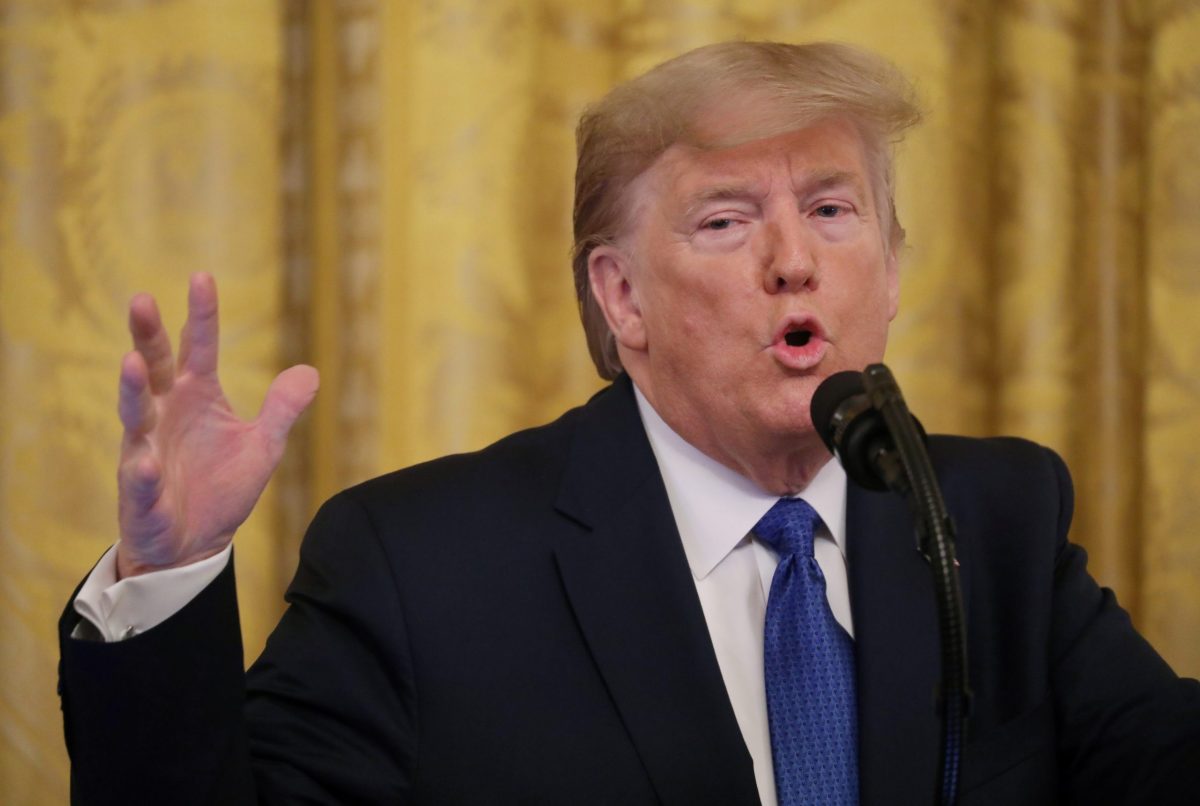BY TED HESSON
President Donald Trump will issue an expanded version of his travel ban on Friday, a U.S. official said, a move that could affect thousands of immigrants and reignite debate over whether the policy discriminates against Muslims.
The United States will suspend the issuance of visas that can lead to permanent residency for nationals of Eritrea, Kyrgyzstan, Myanmar and Nigeria, acting Homeland Security Secretary Chad Wolf said during a call with reporters on Friday. The targeted immigrant visas are distinct from non-immigrant visas typically issued to visitors, which will not be impacted by the ban, Wolf said.
The U.S. government will also stop issuing “diversity visas” to nationals of Sudan and Tanzania, Wolf said. The visas – which Trump has criticized in the past – are available by lottery for applicants from countries with low rates of immigration to the United States.
Wolf said the six countries failed to meet U.S. security and information-sharing standards, which necessitated the new restrictions. The problems Wolf cited ranged from sub-par passport technology to a failure to sufficiently exchange information on terrorism suspects and criminals.
“These countries, for the most part, want to be helpful,” Wolf said, “but for a variety of different reasons simply failed to meet those minimum requirements that we laid out.”
The original travel ban – issued during Trump’s first week in office in January 2017 – barred nearly all immigrants and travelers from seven Muslim-majority nations. The policy was revised amid court challenges, but the U.S. Supreme Court ultimately upheld it in June 2018.
The existing version of the ban includes the Muslim-majority nations of Iran, Libya, Somalia, Syria and Yemen. North Korea and Venezuela also face visa restrictions, but those measures affect relatively few travelers.
Those restrictions will remain in place, Wolf said.
Trump has made his immigration crackdown a focus of his 2020 reelection campaign and is expected to press the issue in the months ahead.
Critics contend the ban disproportionately targets Muslim-majority nations. In 2015, during Trump’s campaign for president, he called for “a total and complete shutdown of Muslims entering the United States.”
Three of the nations included in the updated ban – Kyrgyzstan, Nigeria and Sudan – have majority Muslim populations. Eritrea and Tanzania have sizable Muslim minorities.
Of the new countries hit with visa restrictions, Nigeria sends the most immigrants to the United States. The U.S. State Department issued approximately 7,900 immigrant visas to Nigerians in fiscal year 2018, which began Oct. 1, 2017.
Congressman Joe Neguse, a Democrat from Colorado and son of Eritrean refugees, told reporters on Friday that the updated ban unfairly singled out allied African nations.
Belarus, which had been under consideration for inclusion in the expanded travel ban, took steps to remedy deficiencies in recent months and will not face visa restrictions, Wolf said on Friday.



































